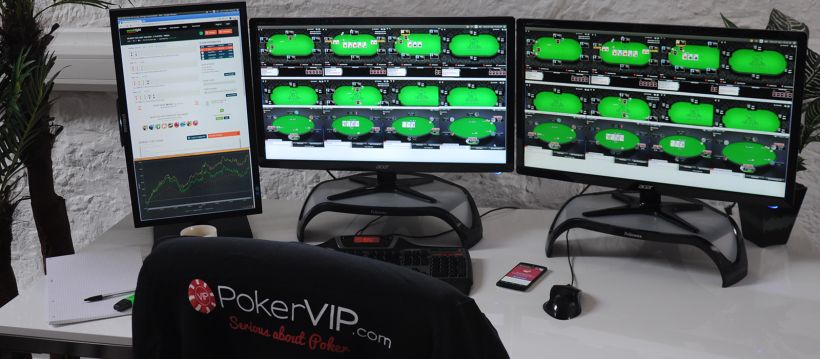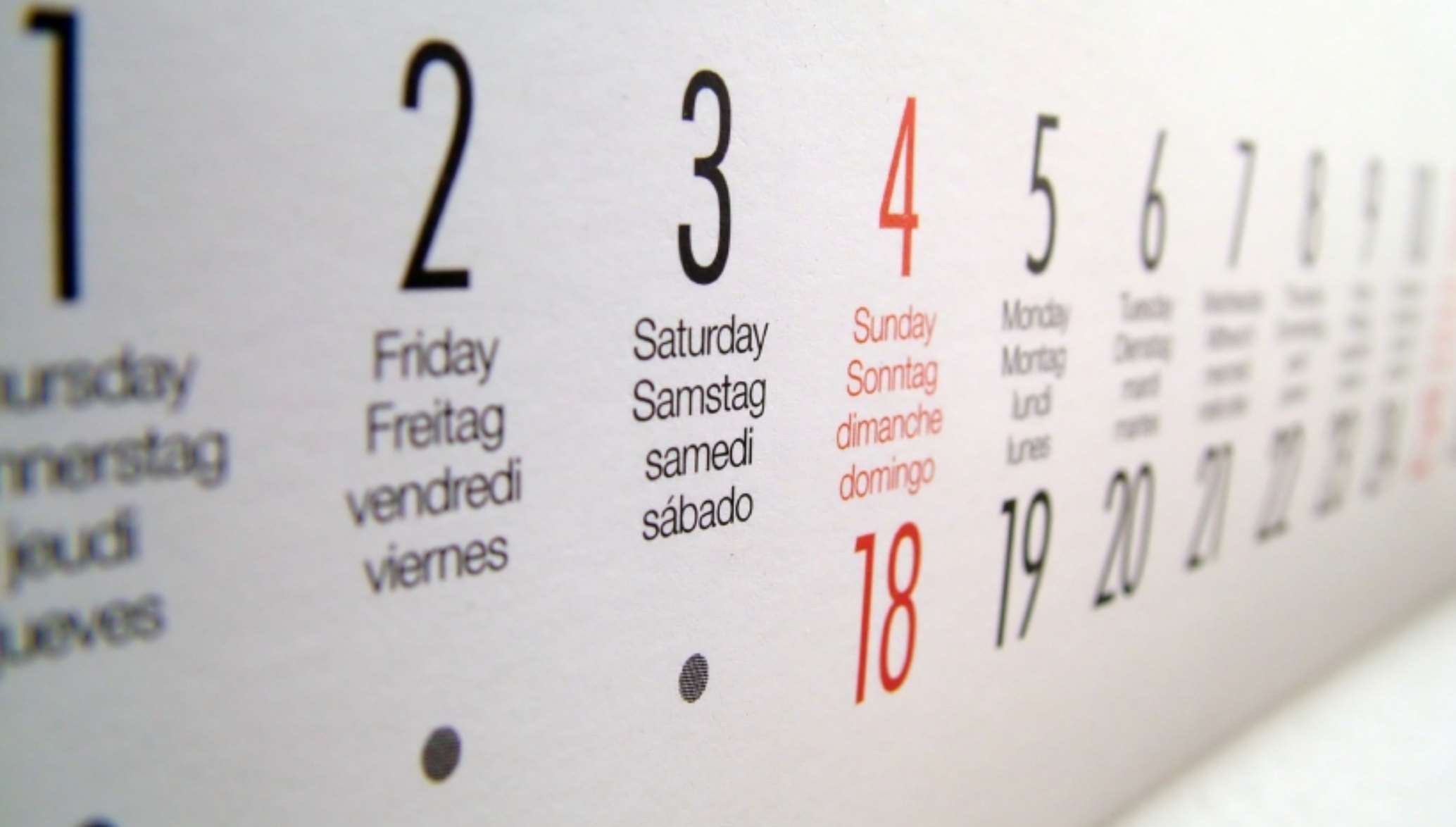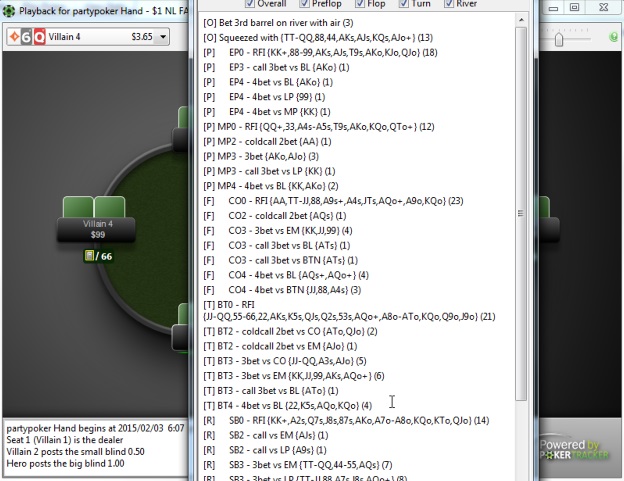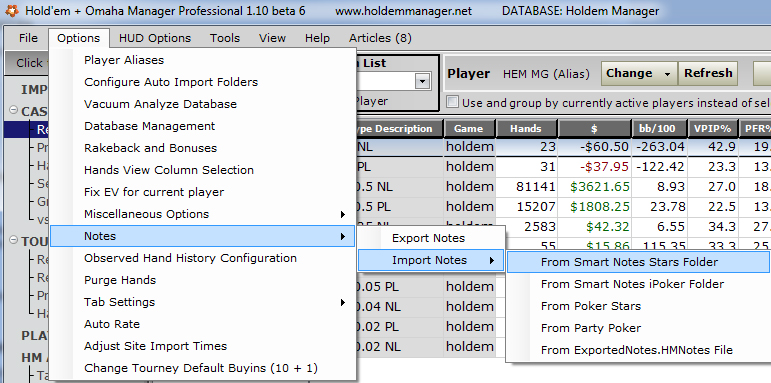
Taking notes is one of the essential skills of every poker player and it can greatly contribute to your overall win rate.
Poker is the game of information and you'd be hard pressed to find a better source of it than a well-crafted note. Barring some fringe situations like playing on an anonymous table taking notes is almost always a good idea that will show a positive expectation in the long run.
Just do it!
In the words of great sage Shia LaBeouf: "Just DO IT!". The first step that's necessary in order to enjoy the profits associated with note taking is actually taking the effort to write down our observations about other players when we spot something that's worth writing down. Even though most poker players are perfectly aware of the benefits of taking notes human beings have this amazing capacity of refusing to do something even when we know that it's good for us.
Below - Shia LaBeouf: "Just DO IT!"

Some players believe that the existence of HUDmakes note taking obsolete. This couldn't be further from the truth. While HUD stats are obviously very valuable they often fail to present the whole story. Two different players with 12% 3bet can compose their ranges very differently and very often one simple note saying "polarized 3bet BUvsMP" can tell us way more about someone's game than the raw number.
Besides, some statistic, especially those turn, river and showdown related can be very misleading given small sample size, but it's possible to make a money printing note after seeing your first showdown against a certain opponent.
Start with the Current Date
Poker is an extremely competitive and rapidly evolving game. The last thing you need is the wrong assumption about your opponent based on the note that you've made eight months ago two limits below your current one that will cause you to burn money. Fortunately, there's a quick and easy solution to that problem. Start every note with current date and stakes that you're playing your session at. Here are some examples:
14.02 NL20 01.12 PLO400 19.09 MTT215$
Below - Start every note with current date.

This is How You Roll
While starting your note with current date is a good idea for just about everyone, the rest of the process is far less straightforward. Some of us prefer very long and descriptive notes, others tend to write short and sweet.
Some players will be able to quickly read through a note comprised of a bunch of shortcuts, other will get lost in the middle of it and confuse themselves which in turn can lead to misplays.
Abbreviations
Here are some abbreviations that you can use in your notes. How much or how little you decide to use is up to you.
c/f, c/c, c/r, b/c, b/f – check/fold, check/call, check/raise, bet/call, bet/fold l/c - Limp Call CB - Continuation Bet LB- Lead Bet PSB – Pot Size Bet 1/2p, 2/3p- half pot, two-thirds pot etc. IP – In Position OOP – Out Of Position UTGvMP/CO/BU/SB/BB– Under The Gun vs. Middle Position/Cutoff/Button/Small Blind/Big Blind ss - Single Suited ds - Double Suited AX - Any hand with Ace in it SC - Suited Connector PP - Pocket Pair
One bonus abbreviation that's a personal favorite of my friend. He uses it to describe people who aren't keen on folding to value bets (thin or otherwise):
POW - Pay Off Wizard
The easiest way of figuring out how many of those should you use in your note taking is to check how difficult it is for you to read an example:
COvBU, F 1/2pot, T 1/2pot, R c/c on KT2ss45 with JJ
Below - Digital cheat sheet

The Alternative
If the above example looks more like hieroglyphics to you than an actual note it might be a good idea to come up with some note templates that you find important and easy to understand. Instead of writing down the entire spot you can write your conclusion based on that spot. Here are some examples:
- Bluff Happy, - Bluffcatch Happy, - Polarized 3bet Out of Position, - Check/Raising Air on Paired Boards etc.
Below - Notes in Hold'em Manager

Sizing and Timing Tells
Sizing and timing notes can be a goldmine especially at micro stakes where people don't pay any attention to that aspect of their game. However, those kinds of notes can be a double-edged sword. Since players don't really pay attention to their sizing/timing you might confuse a random event for a trend.
While it's important to exercise caution notes like "R 1/2p = value" "insta-call = draw" can be absolutely invaluable.
Question Everything
A single note doesn't have to equal a trend and you can account for that in your note taking style. Personally, I like to use "question mark system". It's actually very simple. As a general rule, I'll put three question marks after each and every note by default and remove one if the situation described in the note occurs again.
If there are no question marks behind the note I consider it to be very accurate and conversely I'll be cautious about notes with three question marks behind them especially when they refer to something very broad and potentially unreliable like the aforementioned sizing and timing tells.
Below - Bertrand 'ElkY' Grospellier is getting ready for SuperNova Elite 2015

One Last Thing
There's no point in writing down something that's either obvious or very common. For example, the fact that ABC regular is raising his set on a wet board shouldn't really faze you and writing it down is most likely not worth your time. However, when you see a loose-passive recreational betting his missed draw on the river you should immediately open your pokertracker notepad.
More Top Rated Content
Articles
- Limitations of a HUD
- Zoom Poker Strategy Guide
- Protect Against Malware and Hackers - Keep Your Poker Account Safe
Coaching Videos


